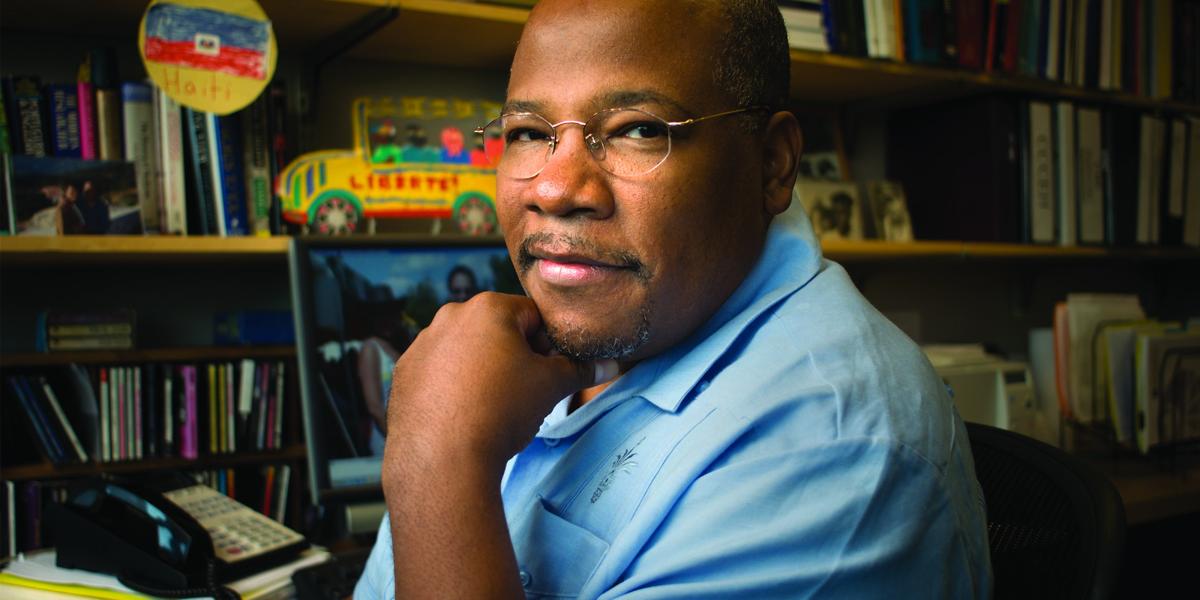The Impatient Academic
Jean G. Ford has a single passion in his work: understanding the basis of racial disparities in health, especially in cancer prevention and care. Cancer death rates for African Americans are more than 20 percent higher than those for white Americans, according to the National Cancer Institute. And African-American Medicare beneficiaries are less likely than whites to receive preventive tests like cancer screening. Ford, MD, says there are many reasons for the disparities: co-payment costs, lack of transportation, cultural beliefs, etc. An associate professor of Epidemiology, Ford will soon launch a randomized controlled trial to help 3,000 African-American seniors overcome barriers to screening for breast, cervix, colon and prostate cancer. The study will determine if community health workers are more effective than just providing seniors with educational materials. An outwardly serene academic, Ford confesses that he is also impatient for solutions.
Sometimes I feel like I have two minds.
There is the calm mind that wants to understand the causes of the disparities, and it guides my work. But there is the mind that recognizes the urgency of addressing the disparities as more than an academic exercise. We need solutions to create opportunities that will enhance the lives of human beings. I will be joining the ranks of the seniors in a few years. It's personal. My experience illuminates some important barriers [facing] black males, and it provides some insight into which approaches may or may not work for that population. But as an academician, my goal is to filter that experience through the literature, to not only pose the right questions, but to also develop the most promising and cost-effective solutions. Hopkins provides a fertile ground for applying the best possible scholarship toward understanding the basis of the health disparities, and overcoming them.
So, hopefully it will be possible for the two minds to come together.
